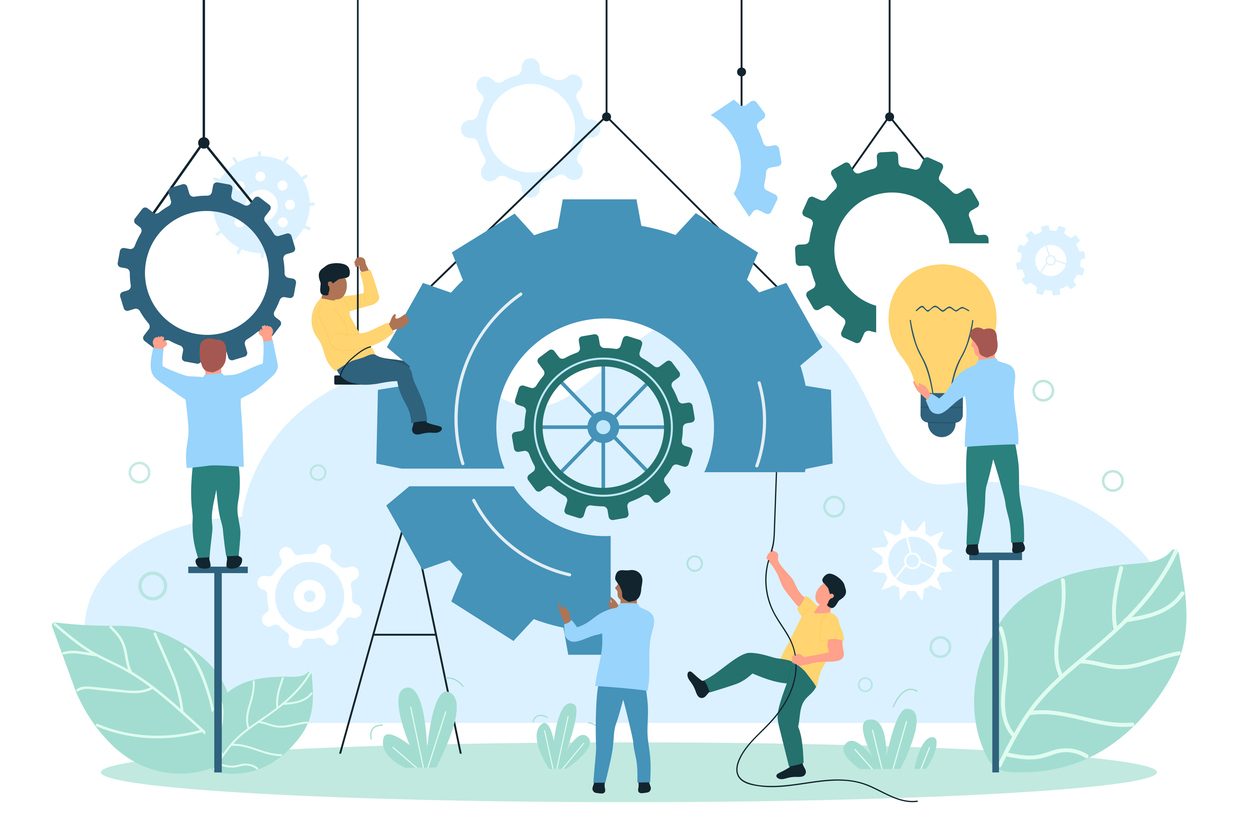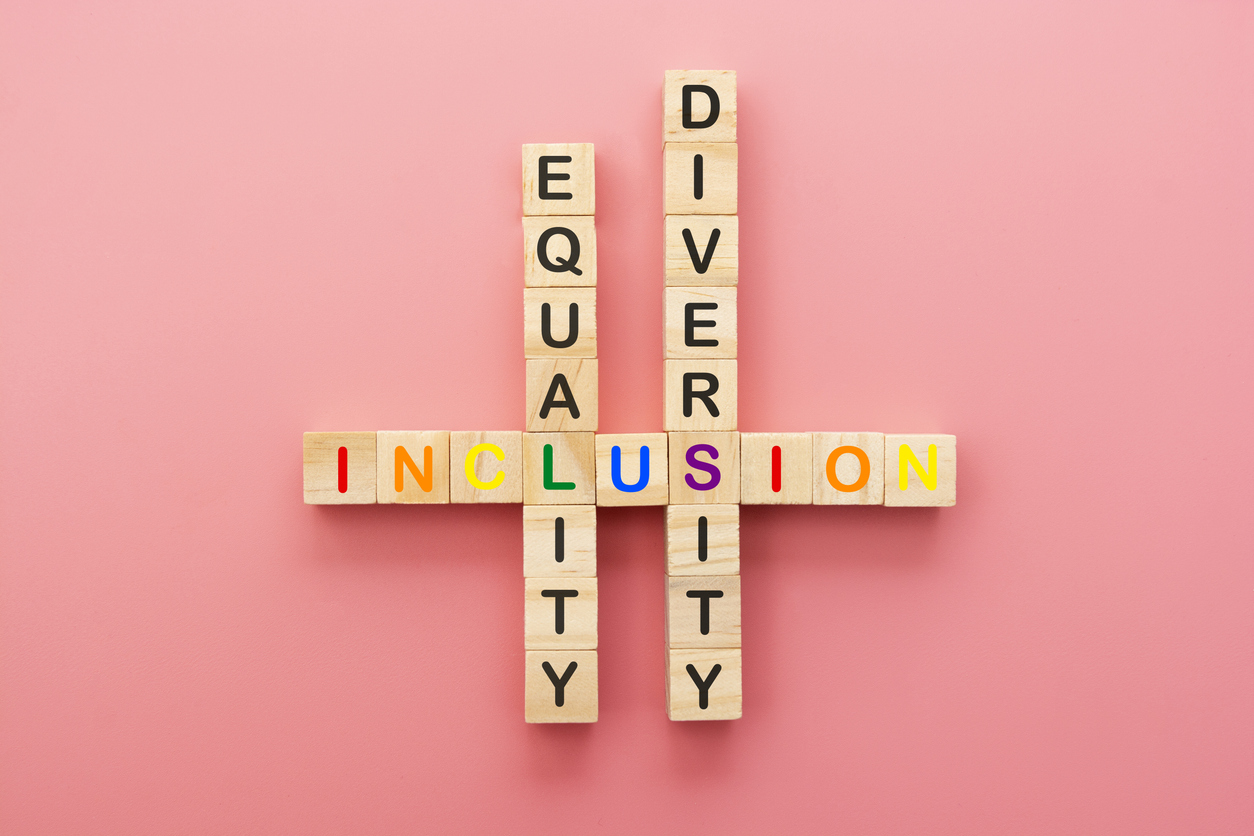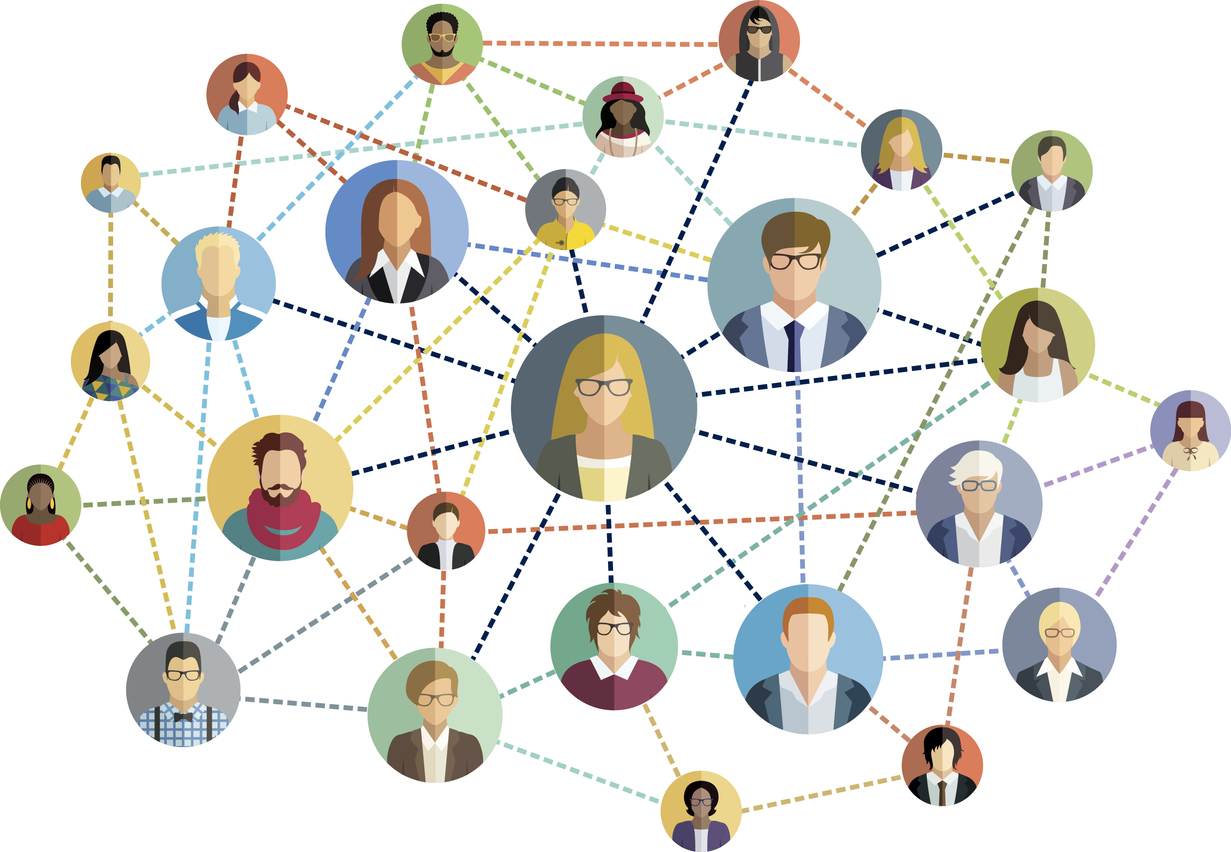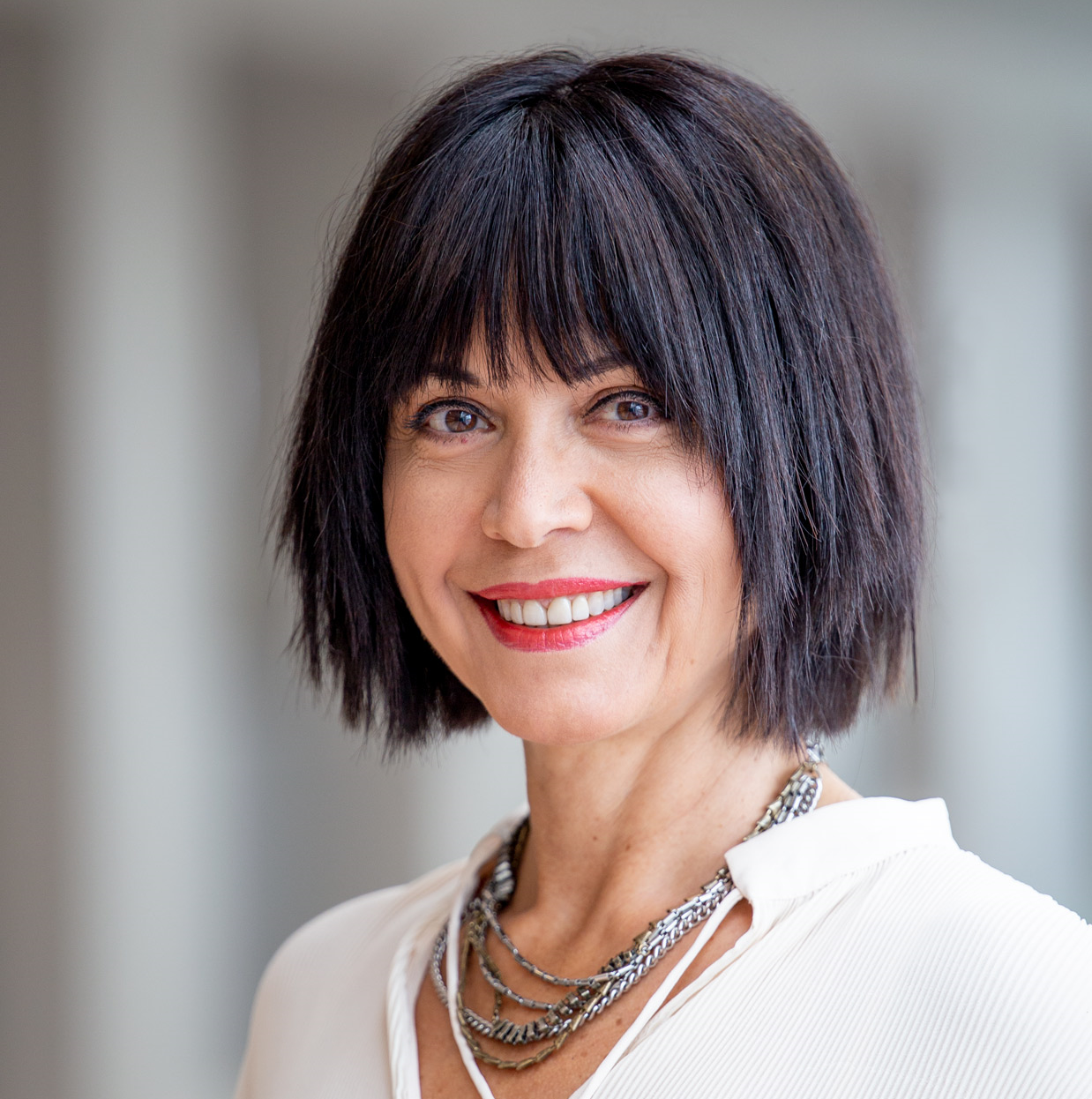An Interview with Stella Danos-Papaconstantinou
An Interview with Stella Danos-Papaconstantinou
By: Angelica Nuguid
April 2024
Stella Danos-Papaconstantinou has more than 25 years of leadership experience in the human services sector. As Commissioner of Durham Region’s Social Services Department, Stella oversees programs and services across six divisions that include; early learning and childcare, social assistance, emergency social services, housing and homelessness, individual & family counselling along with four Long-term care homes.
Stella is currently the Vice-President of OMSSA and she is also Chair of the Housing and Homelessness Network.
Stella holds a strong vision for helping individuals and families in the community through integrated service delivery of innovative modernized approaches. This interview explores her priorities in human services delivery for Durham Region, her passion and value for keeping Diversity, Equity and Inclusion (DEI) at the core of her work, and her overall experience and contributions to the human services sector.
This interview has been edited and condensed.
OMSSA: As Commissioner of Durham Region’s Social Services Department, what are your priorities in human services delivery for th
Stella Danos-Papaconstantinou (SDP): One of my priorities is that the delivery of human services be done as seamlessly as possible for people needing support services. What I mean by this is that there are no restrictive barriers to someone getting the help that they need. It's very important to me that we limit bureaucracy. I believe we must be flexible and adjust our service delivery to meet the needs of those requiring our help. Ultimately, it's about meeting people's needs, where they are at versus creating systems that become barriers.
In Durham, we have outreach programs designed to meet the complex needs for those in the unsheltered community. This includes 24/7 street outreach teams, the Primary Care Outreach Program, which involves an advanced care paramedic and a social worker, and the Mental Health Outreach Program, which involves two social workers who provide specialized care for individuals where they are, such as encampments, community hubs, or program service areas.
The significance of outreach is that staff are going to where people are at and establishing trust, which is key to connecting people living in very challenging situations.
Another priority for human services is system planning across sectors including health, economic development, police and emergency services. This involves important collaborative efforts to address identified community needs and gaps for strengthening the social safety net and reducing further crisis for people.
Finally, I also believe, sustaining high-quality programs and services involves prioritizing care and support to a highly skilled and compassionate workforce. Helping people in our community who are needing assistance and/or during a crisis requires highly skilled and trained staff. Our frontline staff do exceptional work every day. It's important that they know that they are well supported by each other, their supervisors, and the system.
OMSSA: Durham Region has committed to many Diversity, Equity and Inclusion (DEI) commitments, including highlighting Indigenous Supports and Resources, an Immigration Portal, and an Anti-Racism Taskforce. Could you walk us through why this is important to you and your efforts to place DEI at the core of your work?
SDP: Diversity, equity and inclusion is important to the Corporation at the Region of Durham and to the Social Services Department. The Region conducted an equity audit some time ago and more recently an employee census survey. Both documents tell us important information about the experiences of our employees and where change is needed. Our priority is to have a more inclusive workplace. To achieve this, I believe we must be transparent, honest and critical about practices, policies and systems that are currently in place.
As leaders, I believe we must listen, ask questions, and at times sit with our uncomfortableness to direct the need for change. There's a new position within the Region's CAO's office, the Manager of Indigenous Relations. This role is instrumental in developing, strengthening, and fostering relationships for Indigenous communities in Durham. This is a key resource for giving us a deeper understanding and ensuring the voice of Indigenous People.

I'm also pleased to share that the Durham Social Services Department is actively putting together a committee that is formed by people with lived experience within human services. A particular focus will be those with lived or living experience with poverty and or low income. We are committed to ensuring these voices and experiences to help inform our strategy for poverty prevention.
As a leader, it is up to me to show up, lead, and listen to all voices across the department, including those we serve in the community. I'm committed to being intentional in my actions to put DEI at the forefront of our practices, interactions, and at my leadership table. I have a lot more growth to do and seek this valuable information, history, and experiences from racialized and Black colleagues, teams, and those we serve.
OMSSA: Having served on several human services organizations throughout your career, could you elaborate on what inspired your involvement with OMSSA?
SDP: I believe that we are all accountable to our communities and we must work together to help them thrive. There are many people and families due to life circumstances, such as job loss, illness, mental health and addictions, financial hardship, or caring for an aging parent, that require services. A healthy human services system includes the necessary supports to help these individuals when challenging times arise. This involves a comprehensive, accessible, and responsive system that must include all sectors, including hospitals, non-profit sectors, police, education, emergency responders, and all levels of government.

Another important aspect of my participation with OMSSA is learning from partners across the province, Canada and internationally. Learning from others on best practices, strategies, and knowledge sharing allows me to bring this information back to my team and my Region. I believe that together, we as OMSSA have a strong voice.
OMSSA: Reflecting on your career, which one or two achievements do you find most notable, and what makes them stand out to you?
When I worked for the Region of Peel, I led work on human services integration transformation. This involved working with two departments and integrating the services and supports to create a one-stop shop for people who relied on services. Building capacity with a human services integrated approach involved people engagement at all levels, change management training, highly involved negotiations with competing departments, and services, and maintaining an uninterrupted service delivery to clients. Through this endeavor, I developed strong stakeholder relations with community providers and partners, ministry partners, and staff. It was a model of best practice that worked, increased access, and simplified the process for residents.
My second achievement is my appointment to my current role as Commissioner of Social Services in Durham. I began this leadership role in September of 2019, a short time before the global pandemic happened and communities were shut down. Swiftly, my leadership team transitioned into the Social Services Emergency Operations Centre with competency, strength, resilience, and a deep compassion for our vulnerable sector. Their ability to support one another and their teams to meet the urgent needs during this time was incredible.

OMSSA: Is there any additional information or insights you'd like to share with our members that we haven't covered in our discussion?
Working in human services is rewarding and vital to our communities. While some days can be very tough, it's a privilege that we can't take advantage of. Upholding high levels of humanity to all people by providing them with dignity, acceptance, and safety is something we should all strive for in our communities. We are in a critical role in leading this desired behaviour, and it can be in the toughest of times when we are called to exemplify these actions, and we have to remember we are the voice and protection for so many.
As we strengthen our human services delivery across our communities, I believe it's important that we also consider and respond in ways that prevent people from requiring our services. Poverty prevention interventions are critical for children and youth especially, and ensuring that everyone has a safe place to call home. The Durham Social Services Department is doing tremendous work in our communities and prioritizes building strong teams and systems of support across our sectors. This is key to creating healthy communities. So if people had a choice, they would choose Durham to receive their services.
OMSSA: Thank you, Stella.
About the Author

Angelica Nuguid is a third-year Public Relations Student at Humber College joining OMSSA as a Communications Intern as of January 2024.
Blog categories: Interview, Social Services, Human Services Delivery, Diversity, Equity, Inclusion, Indigenous Community, Anti-Racism, Durham Region

